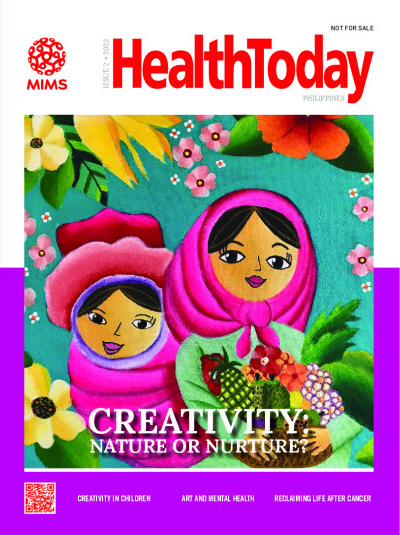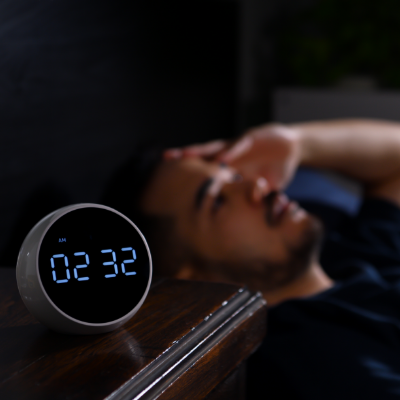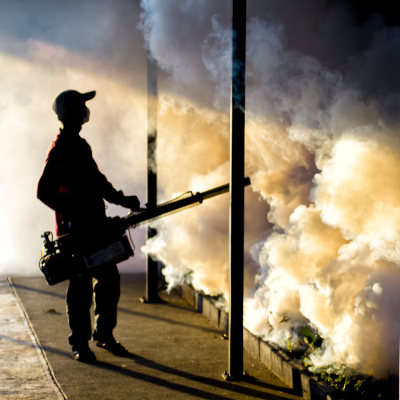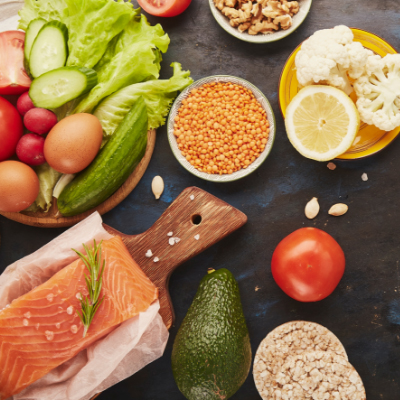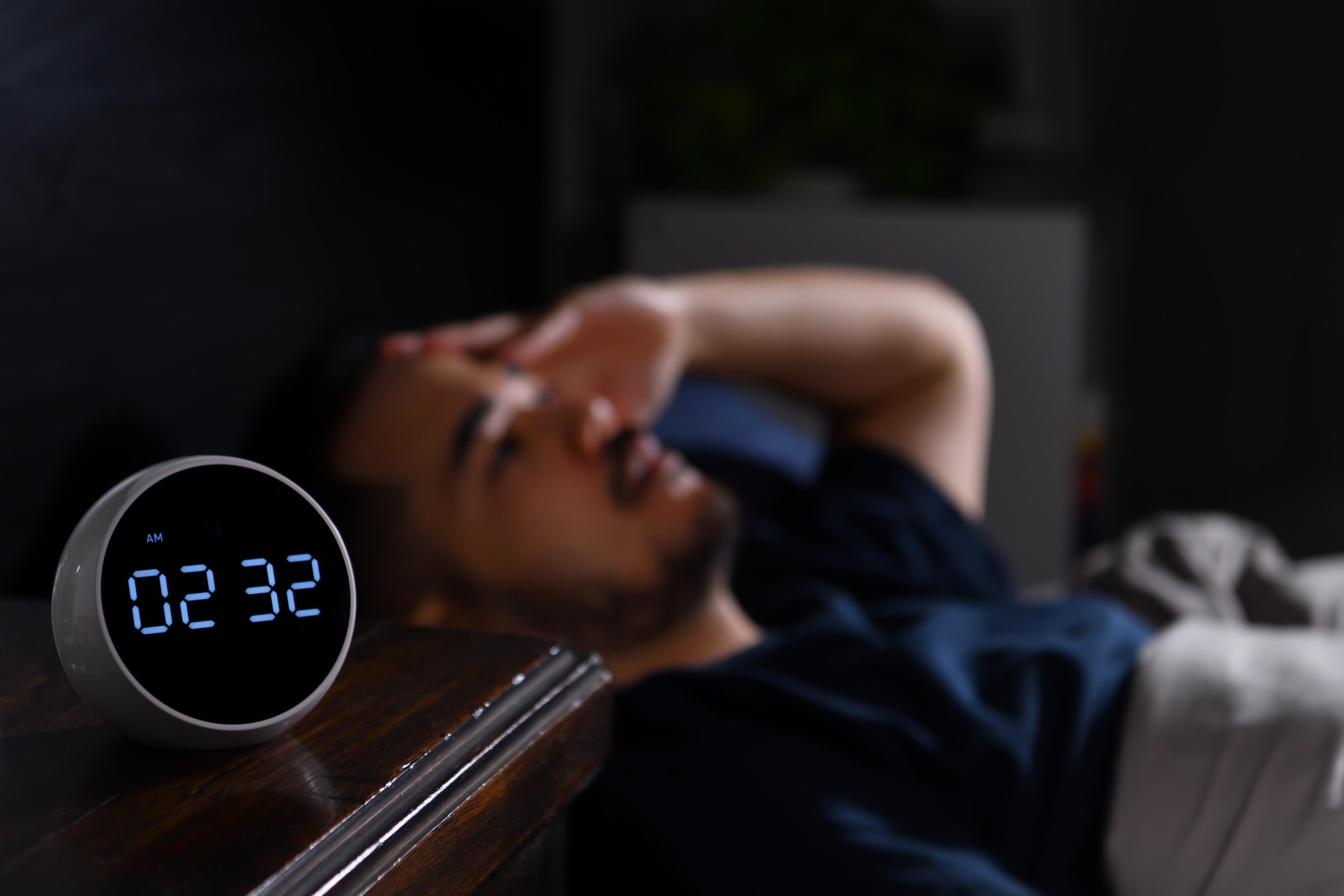
Avoid drinks with stimulants. Skip those caffeinated liquids found in coffee, tea, soda, and energy drinks. Establish a cut-off time, for instance if you sleep early, stop taking these drinks by 3pm, or even limit it up to 12nn if you’re particularly sensitive to their effects. In addition, avoid alcohol, heavy meals and smoking before bedtime. Instead, just have decaffeinated or non-caffeinated drinks, herbal teas (ex. chamomile), fruit juice, or flavored water.
Stop using mobile electronic devices one hour before bedtime. Apart from the light emitted from these devices, your stimulated mind is engaged by content and the transition to a relaxed state for sleep might not happen for quite a while. Schedule your devices to not receive calls after a certain time, use dark mode to minimize light exposure, or play soothing music.
Avoid long daytime naps. Have a regular sleep schedule and wake time, even during weekends. Don’t use your bed as a work area. Ensure it’s conducive for rest: comfortable, cool, and quiet. Use a sleep mask and reduce light sources in your room at bedtime. Minimize noise disturbances by using earplugs.
Schedule strenuous exercise sessions earlier in the day. This allows you to rest and wind down hours before bedtime. Alternatives can include gentle stretching, meditation or deep breathing exercises that can help promote sleep.
Schedule a “worry hour” or time (have a stopwatch set for 15 minutes) when you can just allow yourself to mull over these things if you’re worry-prone – and then observe a hard stop when the timer goes off.
Don’t self-medicate. If you’re tempted to take something to sleep better, consult a qualified healthcare professional who can give advice, or prescribe the appropriate medication.
Originally published in HealthToday Issue 3 2021
References:1. Sengkang General Hospital. Insomnia: When to see a sleep specialist. SingHealth resource page. Available at: https://www.singhealth.com.sg/news/medical-news-singhealth/insomnia-when-to- see-sleep-specialist. Accessed 14 Oct 2021.
